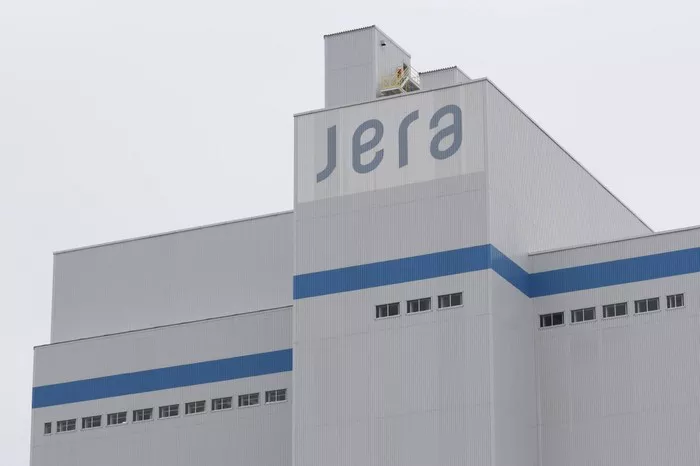JERA, Japan’s leading power generator, is exploring Alaska as a potential source of liquefied natural gas (LNG), an executive revealed on Monday, as Japanese officials prepare for another round of tariff discussions in the U.S. later this week.
Alaska LNG, a $44 billion project involving a pipeline and LNG plant, is a key initiative under President Donald Trump’s agenda, aimed at securing support from Japan, South Korea, and Taiwan for the project.
“We would like to consider Alaska as one of the promising suppliers, among various other options, from the perspective of energy security and supply stability,” said Naohiro Maekawa, a JERA executive, during a briefing on Monday.
While Trump has imposed a 24% tariff on Japanese exports to the U.S., many of his tariffs, including a 10% universal rate and a 25% duty on cars, have been suspended until early July for negotiation purposes. Japan’s trade negotiator, Ryosei Akazawa, is scheduled to meet with U.S. officials later this week to continue talks.
JERA is Japan’s largest LNG buyer, purchasing around 35 million metric tons annually for both domestic and trading needs. Japan is the second-largest LNG buyer globally, after China, with Australia as its primary supplier.
Mitsubishi Corp, a major Japanese trading house, may also consider investing in the Alaska LNG project, though its CEO has indicated that any decision will require careful review.
A source familiar with the situation told Reuters last week that the U.S. energy security council plans to host a summit in Alaska in early June, with hopes that Japan and South Korea will commit to the Alaska LNG project.
Despite Alaska’s proximity to Japan making it an attractive option for diversifying LNG supplies, Japanese companies remain cautious about committing to the project due to high construction costs and the lack of detailed plans.
In its financial report, JERA announced a 50% decline in its annual net profit, largely due to weaker performance from its overseas power generation and renewable energy business. The company’s net income for the fiscal year ending in March was 184 billion yen ($1.3 billion), but it expects a rebound in profits to 230 billion yen in the current year.
JERA, a joint venture between Tokyo Electric Power and Chubu Electric Power, operates around 30 overseas power generation projects in more than 10 countries, with a combined capacity of 13 gigawatts (GW), compared to its domestic capacity of 59 GW. Profits from its overseas and renewable energy sectors dropped by 25.4 billion yen to 8.3 billion yen during the period. JERA’s renewable energy projects span the U.S., Belgium, Taiwan, and the UK.
Related topics:

